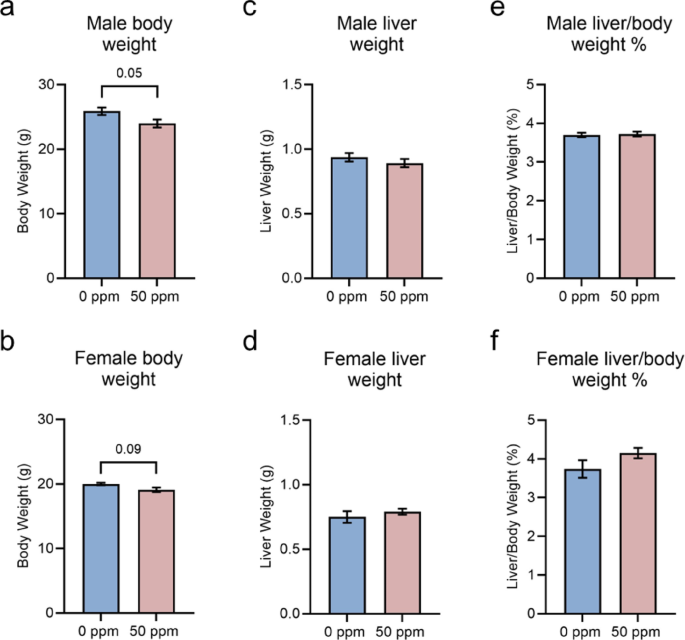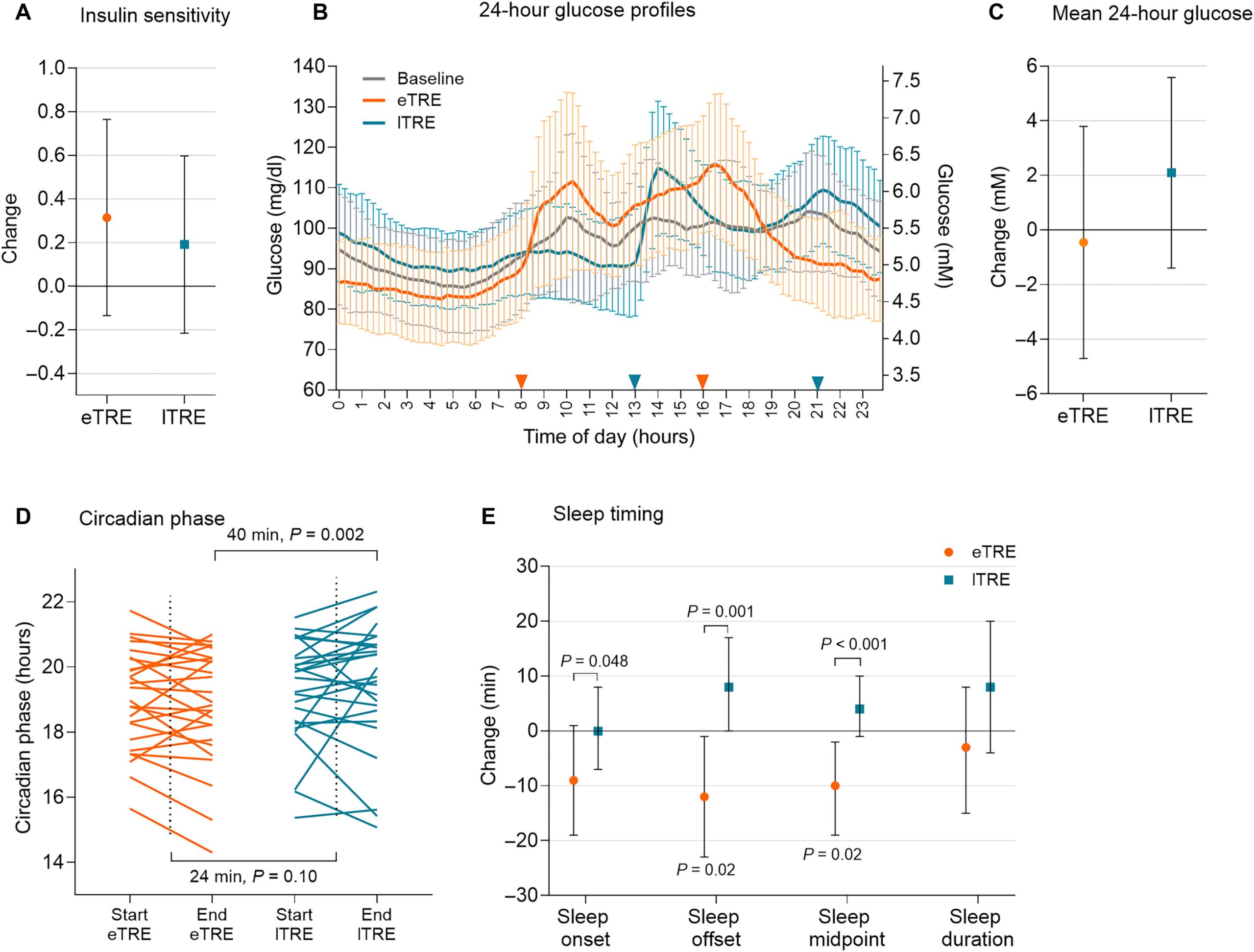Summary
A groundbreaking study from Houston Methodist has unveiled a novel dimension to Alzheimers disease, revealing its disturbing influence on the bodys metabolic regulation by impairing critical neurovascular communication in adipose tissue. Traditionally recognized for its devastating effects on cogn…
Source: BIOENGINEER.ORG

AI News Q&A (Free Content)
Q1: How does Alzheimer's disease affect metabolic regulation through neurovascular communication in adipose tissue?
A1: Alzheimer's disease disrupts the neurovascular communication between the brain and adipose tissue, which can impair the body's metabolic regulation. This disruption potentially aggravates cardiovascular and metabolic health, indicating that Alzheimer's is not just a neurological disorder but has systemic implications affecting the body's metabolism.
Q2: What are the specific effects of Alzheimer's disease on adipose tissue's function and its implications on health?
A2: Alzheimer's disease impacts adipose tissue by disrupting its normal communication with the brain, leading to metabolic dysfunctions. This can result in an increased risk of metabolic comorbidities such as stroke, hypertension, and type 2 diabetes, which in turn can exacerbate cognitive decline and create a vicious cycle of health degradation.
Q3: How does early life diet influence the risk of developing Alzheimer's disease later in life?
A3: Research has shown that exposure to a high-fat diet during gestation and lactation can induce changes in the neurovascular unit, affecting brain vasculature. These early dietary influences can lead to age-related cerebrovascular and neurodegenerative diseases, including Alzheimer's, by affecting lipid metabolism and neurovascular health throughout life.
Q4: What role does the apolipoprotein E gene play in the metabolic imbalance associated with Alzheimer's disease?
A4: The apolipoprotein E (ApoE) gene, particularly the E4 allele, is a significant genetic risk factor for Alzheimer's. It influences systemic metabolic balance by affecting lipid distribution and glucose metabolism, thereby contributing to adipose tissue inflammation and metabolic disturbances associated with Alzheimer's disease.
Q5: How does obesity-related inflammation in adipose tissue contribute to Alzheimer's disease?
A5: Obesity induces chronic low-grade inflammation in adipose tissue, which is linked to Alzheimer's disease. This inflammation can exacerbate metabolic conditions such as insulin resistance and diabetes, increasing the risk and severity of Alzheimer's and contributing to cognitive decline.
Q6: What are the potential therapeutic strategies for addressing the metabolic dysfunctions caused by Alzheimer's disease?
A6: Therapeutic strategies may focus on restoring neurovascular communication and addressing metabolic dysfunctions. This includes managing cardiovascular risk factors, promoting healthy lifestyle choices, and potentially developing treatments that target the disrupted pathways between the brain and adipose tissue.
Q7: What challenges exist in diagnosing and treating the metabolic effects of Alzheimer's disease?
A7: Diagnosing the metabolic effects of Alzheimer's is challenging due to the complex interplay between neurodegenerative and systemic metabolic processes. Current treatments focus on symptom management rather than halting progression. Future therapies may need to address both neurological and metabolic pathways to effectively manage Alzheimer's disease.
References:
- Epicardial Adipose Tissue Segmentation from CT Images with A Semi-3D Neural Network
- Impact of maternal high fat on neurovascular unit of adult offspring
- Regulation of the blood-brain barrier function by peripheral cues in health and disease.






